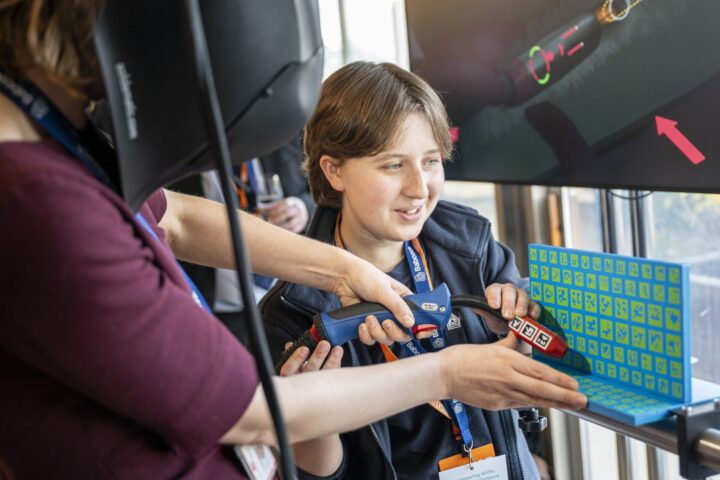One in five students and one in three socially disadvantaged students across the OECD expect to go into desirable jobs that often require at least a bachelor’s degree, but at the same time do not expect to go to university, according to a new OECD report.
The State of Global Teenage Career Preparation found a significant misalignment of teenagers’ career expectations and the labour market.
The study of 690,000 teenagers in 81 countries, based on data from the 2022 edition of the OECD PISA survey, also found that social background plays a bigger role in determining a student’s educational ambition than academic ability.
On average across OECD countries, low performing students with socio-economically advantaged backgrounds were more likely to expect to complete university education than high performing students from the lowest socio-economic backgrounds.
The report also found that a gender gap remains in students’ aspirations to work in sectors of strategic importance which are experiencing skills shortages, such as information technology and healthcare, despite big shifts in the job market and economic needs.
Across the OECD in 2022, on average 11% of boys said that they will work in information technology around the age of 30, compared to 1.5% of girls.
The job preferences of students were increasingly focused on a small number of jobs in the professions, greatly exceeding actual demand.
Across OECD countries, on average, 50% of girls and 44% of boys expect to work in one of 10 jobs, with little change in job preferences since the year 2000.
Despite evidence that teenage career development and planning is strongly linked with better employment outcomes in adulthood, too many students were ill-equipped for their next steps, according to the report.
By the age of 15, 39% of students were unclear about their career expectations, double the proportion from less than a decade ago.
One in three students also said that school had not taught them things which could be useful in a job.
The findings also showed that much more needs to be done to help students understand the wide range of jobs and opportunities open to them.
Across the OECD, fewer than half of students have interacted with employers via attending a job fair, visiting a workplace or completing a work placement by the age of 15.
Students from the most disadvantaged social backgrounds were less likely to participate.
The report said that simple actions such as employers encouraging their employees to volunteer an hour a year to speak with young people about their jobs and opportunities in their sector would help.
In conjunction with the report, the OECD has launched an interactive career development dashboard, where people can compare the job aspirations of students in more than 80 countries.
Mathias Cormann, OECD secretary-general, said: “Mismatches in students’ aspirations and plans, coupled with skills shortages in our economies, call for new policies to support better career preparation.
“More efforts are needed to help young people, especially those from disadvantaged backgrounds, get the career guidance they need to understand the options open to them.
“Employers also have a key role to play in helping young people see the potential of future opportunities.”

















